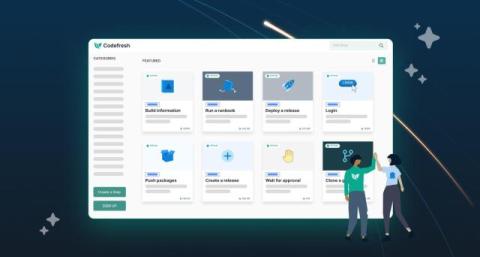Building an economy on sustainability and innovation: the scale-up solution
Economically speaking, scale-ups deliver far greater value than their size suggests. Whilst they make up just 1% of SME firms, the ‘sub-sector’ accounts for 8% of SME employment and 22% of SME turnover. Nearly 1 million people are employed in scale-up companies and these businesses have a combined turnover of almost £500 billion. Scotland has just over 2,100 scale-ups, with a pipeline of another 1,000. The current turnover of these organisations totals just over £41bn.











